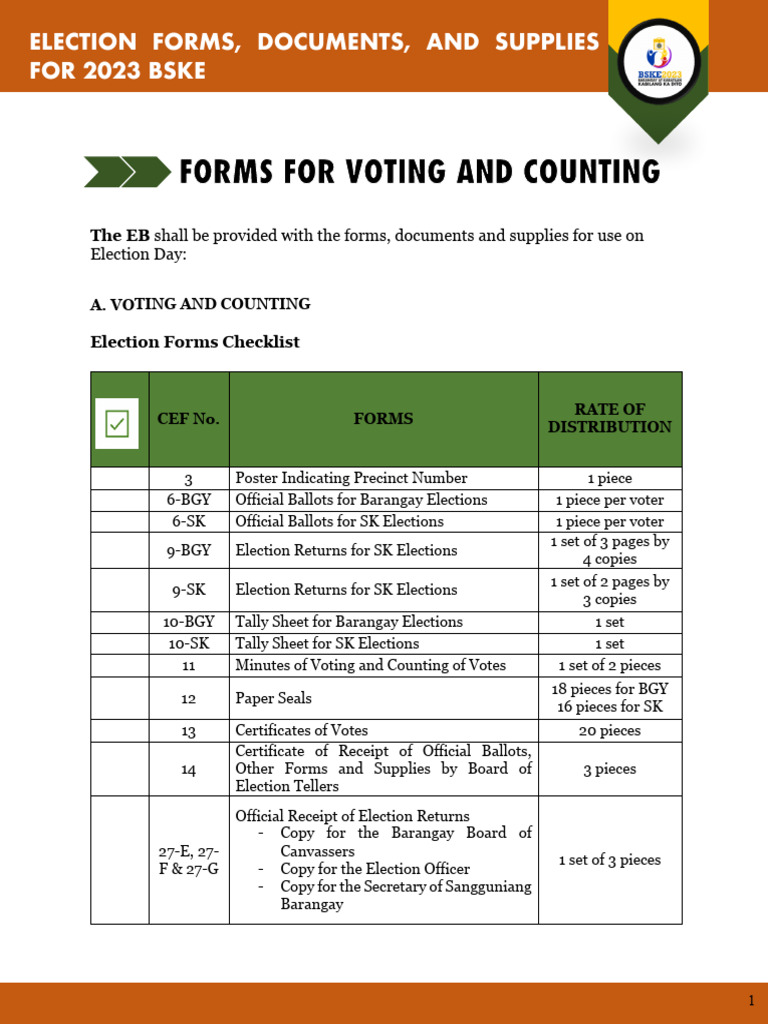In the pantheon of religious practices, elections stand as a pivotal embodiment of community involvement and governance. Within the Bahá’í Faith, elections crystallize this engagement in a unique manner, characterized by spiritual principles, democratic participation, and an ethical framework that sets them apart from conventional voting processes. This exploration delineates the distinctiveness of Bahá’í elections, inviting a profound contemplation of their underlying tenets, operational modalities, and transformative potential within a community context.
At the heart of the Bahá’í electoral process lies a foundational commitment to spiritual integrity. Unlike traditional voting systems that often hinge upon partisan preferences or subjective biases, Bahá’í elections are predicated on the principle of seeking the collective good. Individual motivations are secondary to the overarching goal of uniting the community. This aspiration necessitates a reframing of personal ambition; candidates are understood to be anonymized contributors rather than individual representatives of distinct factions. As a result, the electoral endeavor shifts from a contentious contest to a harmonious manifestation of collective aspiration.
The absence of campaigning is a hallmark of Bahá’í elections, a distinctive trait that curtails the divisiveness often associated with electoral processes. In lieu of politically charged oratory, the Bahá’í system relies on a package of administrative guidelines and internal recommendations, focusing instead on the moral and spiritual qualifications of potential candidates. This mechanism not only engenders an atmosphere of tranquility but also elevates the electoral experience to one of solemn reflection. Voters engage in a meditative process, contemplating the spiritual merits of their fellow community members rather than succumbing to the allure of charisma.
This introspection is particularly significant when viewed through the lens of the Bahá’í teachings. The concept of ‘consultation’ plays a critical role during the election period. Bahá’ís are encouraged to engage in dialogue and mutual respect, fostering an environment where every voice is acknowledged. This practice not only builds a sense of community cohesion but also enriches the decision-making process. The act of consulting transcends mere electoral protocol; it is an embodiment of the spiritual principle of unity. It signifies a collective pursuit of truth rather than a contest of individual opinions.
Moreover, Bahá’í elections exemplify a profound respect for diversity and inclusivity. Participation is not limited to a specific demographic or social stratum, allowing for a broad spectrum of community members to engage in the electoral process. Gender equality, for instance, is woven into the fabric of Bahá’í teachings, ensuring that both men and women are equally encouraged to express their voices during elections. This ethos of inclusiveness extends beyond gender, incorporating individuals from various backgrounds, faiths, and perspectives, consequently enriching the deliberative landscape.
Another defining characteristic of Bahá’í elections is the emphasis on the principle of ‘non-attachment’ for candidates. Individuals chosen for service are not to seek power for its own sake; rather, they are expected to fulfill their roles with humility and a spirit of servitude. This is a radical departure from conventional power structures, where positions of authority often yield an intoxication of power. Instead, Bahá’í elected members are viewed as custodians of communal welfare, fostering a spirit of accountability and stewardship.
Furthermore, the role of the community in shaping the electoral process cannot be overstated. The Bahá’í election mechanism involves all adherents, and every vote holds intrinsic value. Voters are invested in the outcome, not merely as passive bystanders but as engaged participants in a shared journey toward collective progress. This calls for a different perspective on civic duty, urging each individual to view their participation as a sacred obligation, integral to the very fabric of the Bahá’í community.
Moreover, this process transcends mere governance, manifesting itself as a spiritual exercise—a demonstration of collective will that aspires towards a higher purpose. The reflective practice of prayer and contemplation prior to casting votes underscores this transformational perspective. The Bahá’í community perceives elections as an opportunity for spiritual rejuvenation, a moment to engage earnestly with the ethical and moral dimensions of communal leadership.
In summary, Bahá’í elections are not simply a mechanism for selecting representatives; they are avenues for spiritual growth, fostering unity, and building collective consciousness. They pivot on principles of service, inclusivity, and consultation, redefining the paradigm of civic engagement. This unique electoral process invites participants to transcend self-interest, seeking a higher common good. As the world grapples with the complexities of governance and representation, the Bahá’í electoral model stands as a beacon of hope, epitomizing a mode of operation where the spiritual and the administrative harmoniously coexist. In doing so, it beckons to communities far and wide, offering the promise of a transformative shift in perspective, challenging conventional norms, and piquing the curiosity of all who seek a deeper understanding of democratic principles infused with spiritual purpose.
